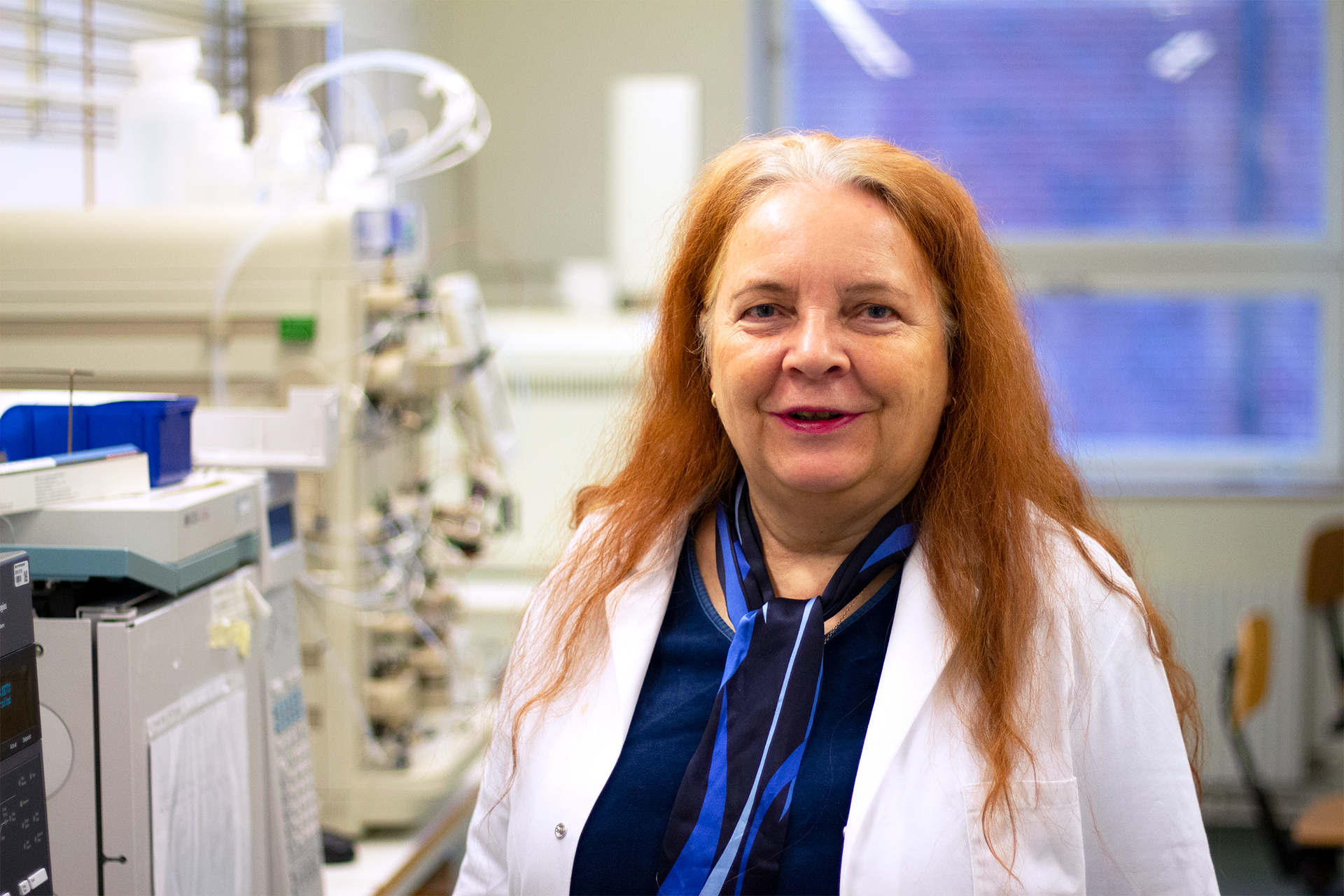Chemistry programmes receives million investment for bio-based education

With this economic addition, KTH’s study programmes in chemistry can further customize their courses towards sustainable technology with focus on wood science.
The Department of Fibre and Polymer Technology at KTH has been awarded SEK 2 970 000 by the Ljungberg Foundation. The aim with this investment is to provide possibilities for the study programmes in chemistry to further develop courses in sustainable and renewable materials from the wood-processing industry.
– For industry, it is really important that KTH can continue to educate engineers who can contribute in development of technologies based on forest raw materials. Now, for example, wood can be used for both clothing and medical chemistry. It is exciting to see what new areas may develop next, says Sara Jons, CEO of the Ljungberg Foundation.

Currently a lot is happening in the chemistry field linked to the forest industry. For years, great emphasis has been placed on traditional packaging industry. But the focus has now also been on other areas where bio-based materials from the forest can be used - for example in the textile industry and on carbon fiber, where lignin from wood can replace crude oil.
The investment enables the chemistry programs in continuing to develop state-of-the-art education in renewable materials. Parts of the money will go to adding and expanding the department's specific course literature. For example, with new chapters on nanocellulose and lignin applications, which are some of the most interesting areas in renewable materials right now.
– So much has happened in recent years in terms of sustainability, a circular economy and recycling. This said, it is important that we keep up with and update our educational material so that the students get modern knowledge together with older core competence, says Monica Ek, professor of wood chemistry.
Increasing interest in sustainable resources from forest
At the turn of the millennium, interest was low for the focus on pulp and paper-related specialization. Today, almost twenty years later, the trend has reversed and the interest in chemistry, the environment, sustainability and renewable materials are growing sharply. The previous academic year 2018/2019 was a record year for admitted students to the Master's programme Macromolecular Materials, which includes forest industrial material and process training.
The updates of course material will mainly impact Macromolecular Materials as well as the Degree programme in Engineering Chemistry. It is hoped that even more KTH programmes will be able to contain elements regarding the forest industry and its possibilities in materials, energy and chemicals.
In addition to updated literature, Monica Ek also hopes that the money can go to more video-filmed moments and an extended investment in study visits for the students.
– I feel that technologists are generally eager to visit workplaces. In our courses, students regularly make study visits to a number of different companies, not least to our strategic partner Stora Enso's production facilities. In this way, the students can get inspiration about what they can work with after graduation, she says.
Text: Kenneth Carlsson

